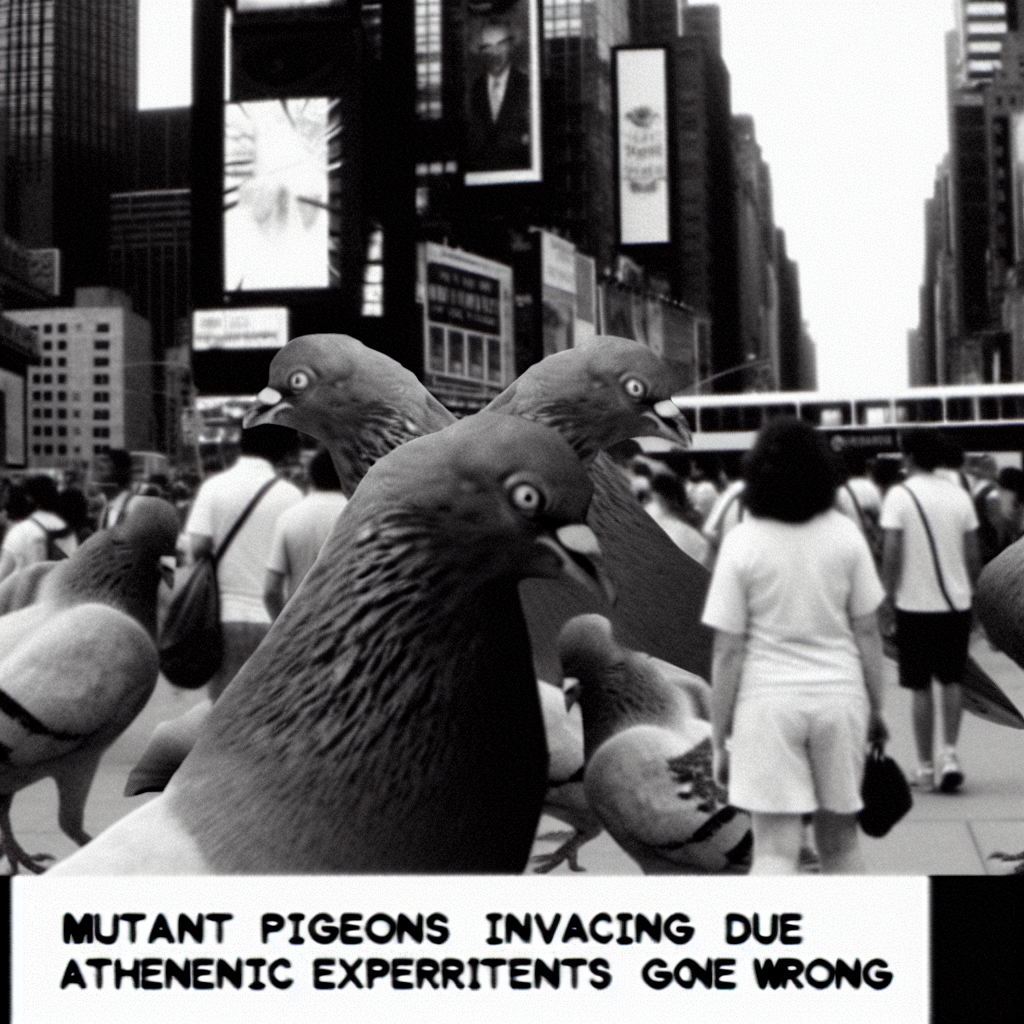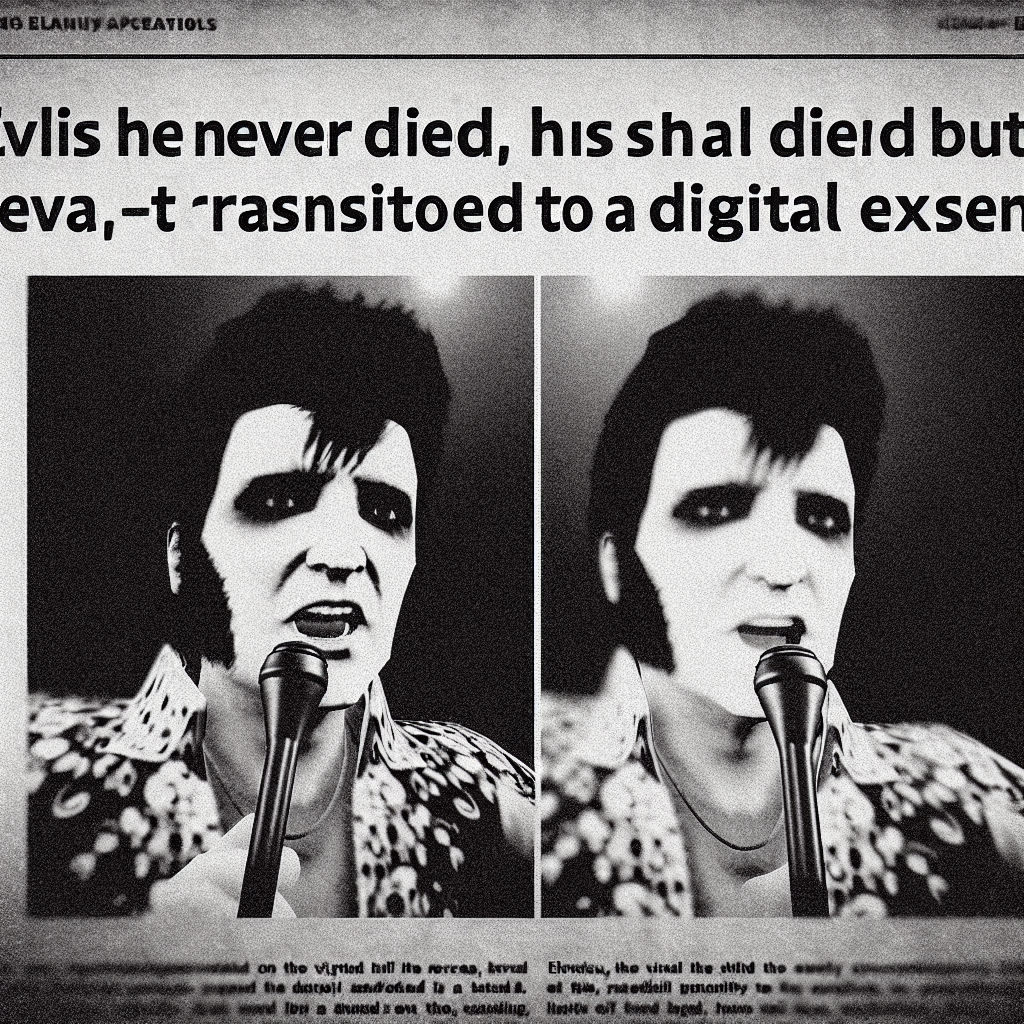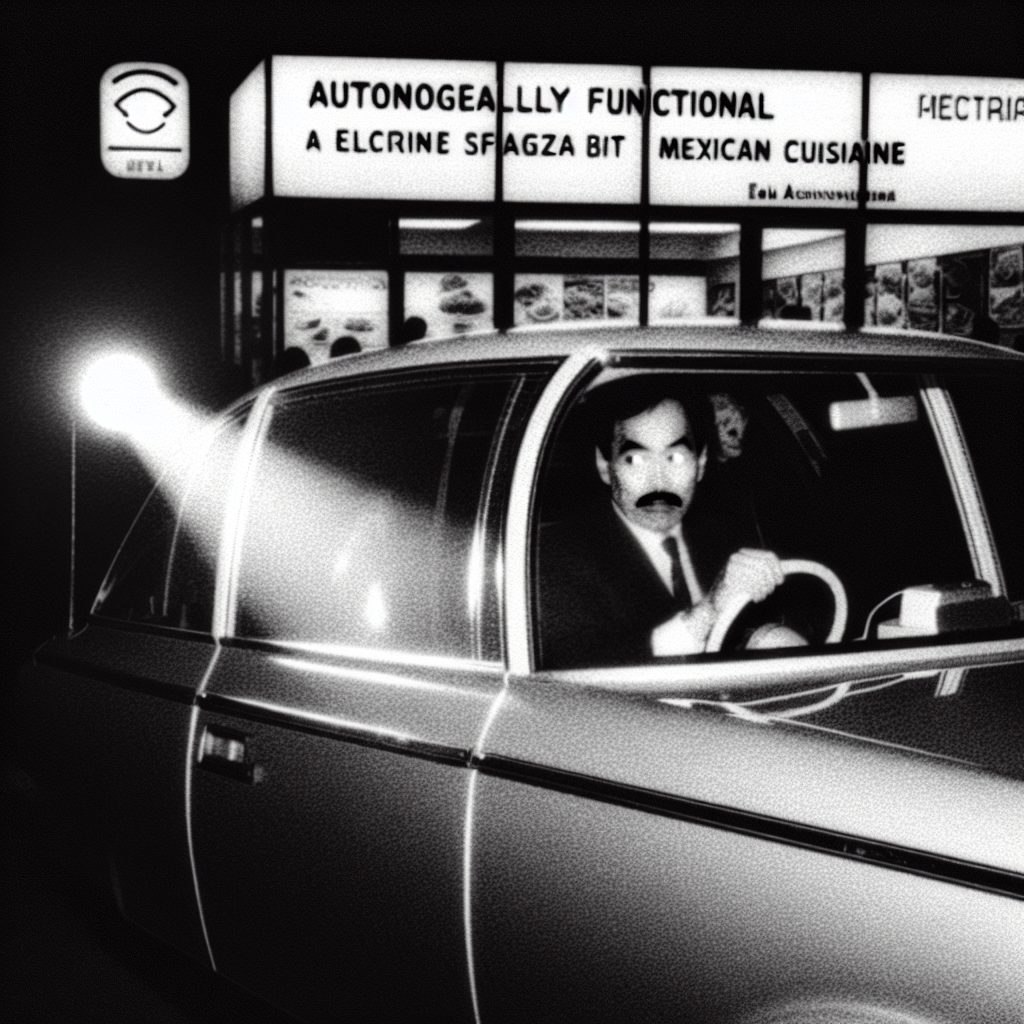German pension system on the verge of collapse –…
Test run planned with volunteers from parliamentary staff – none found.
BERLIN, GERMANY – In a shocking turn of events that has left pension experts worldwide speechless, German lawmakers are quietly drafting legislation that would fundamentally redefine the concept of retirement by requiring citizens to work until they literally drop dead.
Sources within the Bundestag, speaking on condition of anonymity, reveal that the radical proposal emerged during a closed-door emergency session last Tuesday, when actuaries presented Chancellor Olaf Scholz with devastating projections showing the German pension system will be completely bankrupt by 2027. The solution? Eliminate pensions altogether by making death the only qualification for retirement.
“The mathematics are undeniable,” whispered a trembling parliamentary insider who agreed to meet this reporter in a dimly lit Berlin café. “They’ve calculated that if Germans never officially retire, there’s no obligation to pay them retirement benefits. It’s diabolically brilliant in its simplicity.”
The clandestine plan, codenamed “Operation Eternal Service,” allegedly includes provisions for deceased workers to continue contributing to the economy through mandatory organ donation and posthumous data mining of their social media accounts. Government accountants have reportedly estimated this could generate an additional 47 billion euros annually.
Dr. Heinrich Totenkopf, a pension crisis specialist at the Institute for Economic Catastrophe in Munich, expressed his horror at the proposal. “I’ve studied pension collapses across seventeen nations, but I’ve never seen anything this brazenly dystopian. They’re essentially proposing to turn the entire German workforce into economic zombies who serve the state until their final heartbeat.”
The most disturbing aspect of the legislation may be its pilot program, which would test the feasibility of posthumous employment using volunteer parliamentary staff members. However, sources confirm that despite extensive recruitment efforts, including promises of premium cemetery plots and gold-plated headstones, absolutely zero volunteers have stepped forward.
“They’ve tried everything,” revealed a Bundestag custodian who witnessed the recruitment drive. “Free funeral directors, lifetime supplies of embalming fluid for their families, even priority seating at the annual Halloween parliamentary ball. Nothing. These people may be politicians, but they’re not completely insane.”
Internal documents leaked to this publication suggest the government has already begun retrofitting government buildings with specialized workstations designed for deceased employees, including reinforced chairs to prevent skeletal collapse and advanced ventilation systems to manage decomposition odors. The German engineering firm Totenhausen Industries has reportedly been contracted to design “ergonomic afterlife productivity solutions.”
The proposal has allegedly caught the attention of the European Union, where emergency sessions are being held to determine whether Germany’s plan violates the Geneva Convention’s provisions regarding forced labor. EU bureaucrats are said to be studying whether death technically constitutes a form of medical leave or if it should be classified as an extended lunch break.
Opposition parties have remained suspiciously silent on the matter, leading conspiracy theorists to speculate that similar legislation may already be in development across Europe. France is rumored to be considering a modified version that would allow retirement only after one’s third death, while Italy is exploring options for reanimating former workers during peak tourist seasons.
The timeline for implementing Operation Eternal Service remains unclear, though sources suggest the legislation could be fast-tracked if the current pilot program recruitment crisis is resolved. Government officials have reportedly considered making parliamentary volunteering mandatory, though constitutional lawyers warn this might violate several international treaties regarding cruel and unusual punishment.
As Germany teeters on the brink of this unprecedented social experiment, economists worldwide are watching with morbid fascination to see whether the nation that gave us the printing press and the automobile will also pioneer the world’s first undead workforce.
The characters and events depicted in this story are entirely fictitious. Any similarity to real persons, living or dead, or to actual events is unintentional and purely coincidental.









